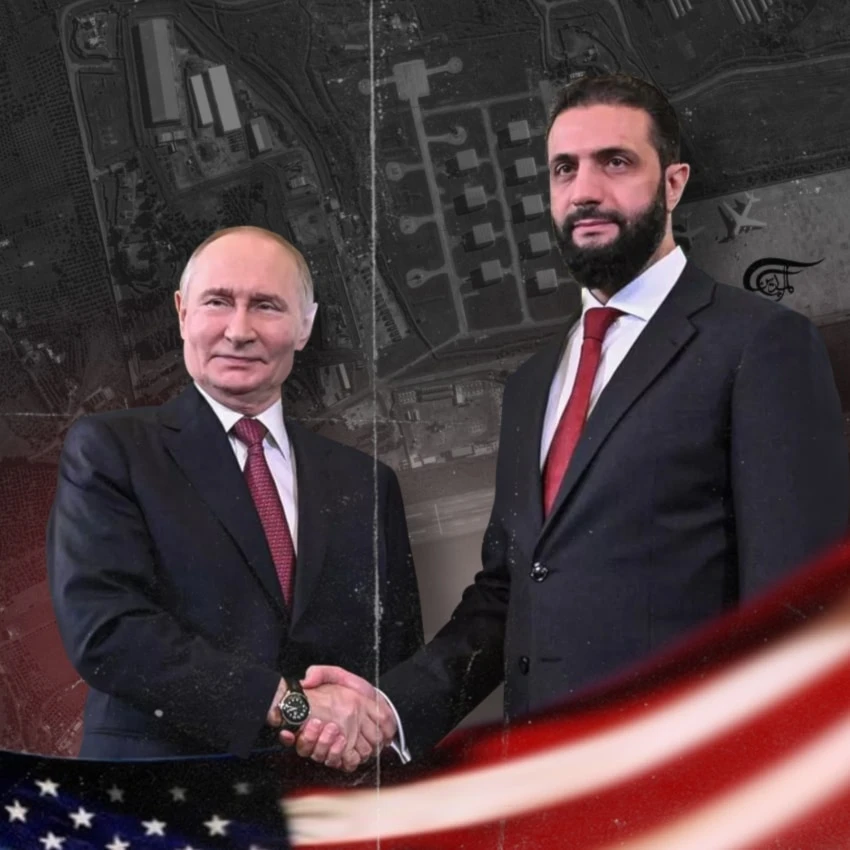Unpacking Germany’s crusade against Qatar 2022 (Part 3)
The culture war waged by Germany’s public discourse surrounding the Gulf state’s hosting of the FIFA World Cup 2022 has run the whole gamut of Eurocentric entitlement and hypocrisy.
-

Behind this German accusation of “having no footballing culture” lies a mindset that views intercontinental football as an exclusively European domain that needs special protection from being overrun by non-European countries
Qatar is not the first host nation to have a German target on its back for having the audacity to stage a global sports tournament such as the FIFA World Cup: South Africa, which hosted the event in 2010, Brazil, who was awarded the 2014 hosting rights, and Russia, host of the 2018 edition of the games, all experienced similar antagonism in varying degrees from a German public discourse that in each instance proclaimed to be about social justice, but exhibited all too glaring hegemonic and xenophobic overtones that canceled out any genuine concern for human rights.
But unfortunately, Qatar is the first host nation to face such a sustained campaign of bad faith and double standards from European naysayers, particularly in countries such as Denmark, France, and Germany, which are notorious hotbeds of socially acceptable Islamophobia (French satirical magazine Le Canard enchaîné recently printed a caricature depicting menacing-looking, bearded and turbaned Muslim men with hook noses brandishing guns and axes and wearing numbered jerseys with “Qatar” emblazoned across them while chasing after a football).
It seems that hosting the largest sporting event in the world in a non-Western country four times running is too much for the European coloniser to bear, particularly when it is an Islamic nation that is passed the proverbial baton, as the years of organised German outrage that has now gained in intensity as the tournament is fast approaching have unmistakably shown.
Germans: the gatekeepers of “footballing culture”
When French football legend and former Real Madrid coach Zinedine Zidane recently said that it was "time to forget the controversies and focus on football", I was reminded that among the multitude of criticisms hurled at Qatar (some legitimate, but the overwhelming majority absolutely ridiculous, such as painting Qatari mediation efforts between the Afghan Taliban and the US and the opening of the former’s political office in Doha in 2013, a decision that was greenlighted by Washington, as proof that the Gulf nation supports terrorism), one was that the country did not have a “footballing culture” and therefore had no right to host a global football tournament.
Behind this German accusation of “having no footballing culture” lies a mindset that views intercontinental football as an exclusively European domain that needs special protection from being overrun by non-European countries, whether on or off the pitch (naturally, Latin Americans are exempt from these racialised quality controls, as even the most puritanical German sports fan is forced to concede that the five-time world champion that is Black-majority Brazil has a footballing culture that is not only on par with that of four-time winner Germany, but even superior to it).
For reasons only known to them, the self-proclaimed gatekeepers of football view culture not as a fluid and ever-evolving phenomenon of give and take and cross-pollination, but as a personal safety deposit box at a bank, stationary in nature and accessible only to the proprietor. These selfish isolationists would do well to recall Zidane’s words from 2010, the year Qatar was awarded the tournament by FIFA, when he said that "football belongs to everyone."
This having-no-footballing-culture argument with which Germans have tried to delegitimise Qatar’s hosting rights from the get-go was weaponised as early as 1994, the year the US hosted the tournament. Those who remember the first World Cup in a North American country where American football (a bastardisation of British rugby), baseball (a bastardisation of British cricket) and basketball (created by a Canadian P.E. professor) are the dominant national sports, will also recall Germany’s abysmal performance and premature exit from it at the hands of Bulgaria in the quarter-finals.
And who will forget Russia 2018, when in the group stage South Korea tore the German side to pieces, ensuring the latter’s deeply humiliating departure in the knock-out stage (so much for German “footballing culture”, right?), a historic first and wonderful poetic justice for German internationals Mesut Özil and Ilkay Gündoğan, who at the time were the victims of an unprecedented racist bullying campaign by the nation whose colours the two players of Turkish heritage proudly wore, simply for posting a selfie with Turkey's President Recep Tayyip Erdoğan on their social media?
With regards to Qatar and its alleged absence of "footballing culture": correct me if I’m wrong, dear Germans, but isn’t Qatar the reigning AFC Asian Cup champion? That Qatari victory of 2019 might have been surprising, but was in no way a freak accident: 15 years after the founding of the aptly-named Aspire sports academy on the outskirts of Doha, which is inspired by renowned football youth academies such as FC Barcelona’s La Masia, the country’s Asian Cup victory was the culmination of years of dedicated sports development, thus proving that culture is not a VIP lounge for a select few where entrance is determined by historic custom, but something that can be acquired through learning by anyone, anytime, anywhere.
A case of "white man’s burden"
By the time the World Cup was staged in Japan and South Korea in 2002, the accompanying German discourse was already characterised by racist overtones, which became even more evident the darker-skinned the hosts became: when South Africa was awarded the hosting rights, the accusation of having no footballing culture had acquired the colonial arrogance of Kipling’s "White man’s burden": "Are Africans even capable of pulling off a global tournament?" asked the same type of German that is now questioning Qatari legitimacy. "What about the exorbitantly high crime rate in South Africa?" they wondered, failing to mention that that did not seem to bother Germans when the World Cup was being held in the US, where according to US news website Vox, as of 2009, guns outnumber people.
It behooves to point out that the vast African continent currently has 54 member nations in FIFA, but is only allotted a measly five slots in the tournament phase of the World Cup, whereas a geographical midget like Europe still boasts the highest number of member nations participating:13.
It is also worth mentioning that the DFB, Germany’s football association, has been an unrepentant advocate of this unfair status quo favouring European supremacy: its former president, Reinhard Grindel, (a conservative politician known for his racist opposition to everything from dual citizenship for immigrants to what his equally bigoted northern neighbours in Denmark derogatorily refer to as “ghettoisation” when talking about immigrant neighbourhoods) as early as 2017 threatened FIFA president Gianni Infantino, a proponent of giving the African continent a larger piece of the World Cup cake, by saying in the most neocolonial way possible that "it would be unwise of him [Infantino] to only rely on his new friends in Africa and Asia."
And at the height of the toxic anti-Özil controversy during Russia 2018, the German international himself blew the whistle on the bigotry of his then-boss by saying that "in the eyes of Grindel and his supporters I am German when I win, and an immigrant when I lose."
A plea for “transculturality”
Whether they are protective of their beloved football or their beloved borders (if the xenophobic anti-Özil campaign proved anything, it was that the line between the two is all too often fluid), protectionist Germans, who in their Islamophobic obsession with Qatar have shown the worst that liberal Germany currently has to offer (second only to the latter’s unhinged Russophobia and corresponding bottomless-pit military support for the Ukrainian war effort on the backs of German taxpayers), would do well to read a particular academic paper by one of their own, the philosopher Wolfgang Welsch.
Titled Transculturality: The Puzzling Form of Cultures Today, the essay presents a cultural concept which “sketches a different picture of the relation between cultures. Not one of isolation and of conflict, but one of entanglement, intermixing, and commonness. It promotes not separation, but exchange and interaction.”
May the 2022 World Cup in Qatar embody the spirit of transculturality to the fullest and prove all the haters in Germany and elsewhere wrong.

 Timo Al-Farooq
Timo Al-Farooq
 8 Min Read
8 Min Read











